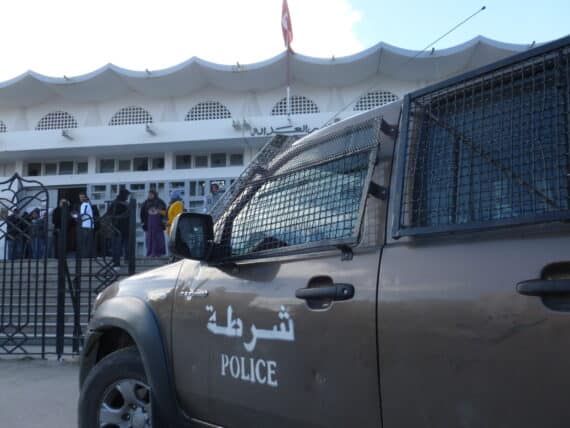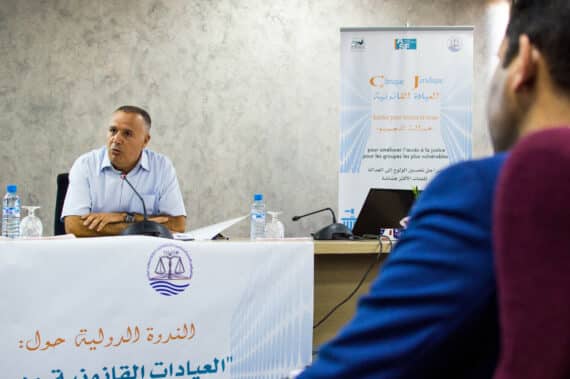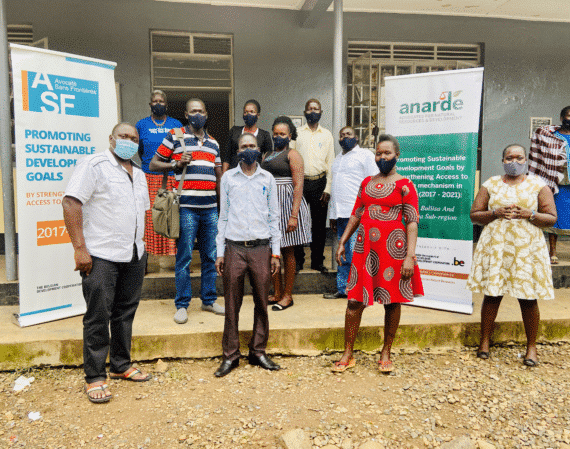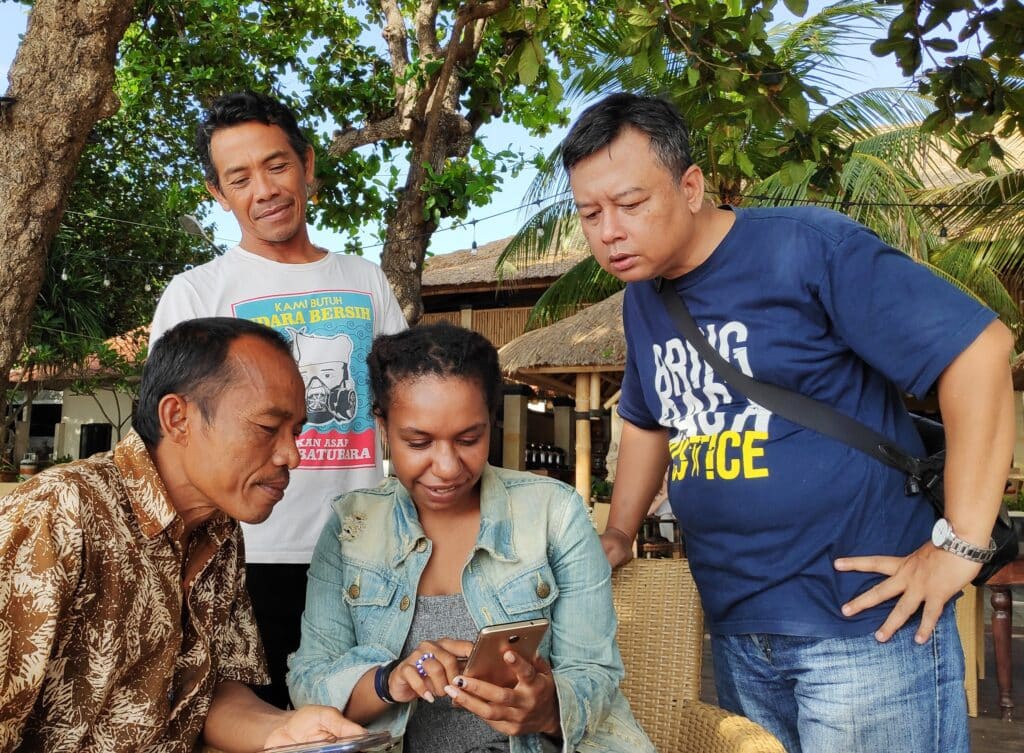Category: COVID-19
-

Being detained in the Makala prison during the pandemic : An interview with the NGO PRODHOJ
Between March and September 2021, PRODHOJ, with the support of Avocats Sans Frontières, carried out monitoring work to evaluate the conditions of detention and access to justice of detainees in the central prison of Kinshasa, known as ‘Makala’, in the context of the COVID19 pandemic. In this interview, Samuel Atweka and Gysy Uma, both members…
-

Prisons in Tunisia: inertia of a repressive system
In Tunisia, the actors of the penal chain tend to perpetuate the repressive reflexes of the former Ben Ali regime. Prison overcrowding remains very high: around 131% rate of occupation with 23,607 prisoners at the end of 2020 (accused and convicted together) for around 18,000 places available, resulting in detention conditions below international standards.
-

Legal clinics to support access to justice during pandemic
Throughout the world, the pandemic has pushed people further away from access to justice. In Morocco, ASF has been relying for several years on legal clinics, set up in universities, to promote access to justice, particularly for people in vulnerable situations. Under the supervision of teachers and legal professionals, students provide legal services to the…
-

Promoting access to justice through community-based mediation programs
In Uganda, access to justice is limited by the financial resources of local populations but also by the geographical distance to the courts of law. In this context, ASF focuses on the training of community-based mediators to promote access to justice and enable local populations to claim their rights.
-

Indonesia – Providing integrated services and a safe environment for women victims of domestic violence during the pandemic
Throughout the world, the increase of cases of violence against women has been an unfortunate feature of the COVID-19 pandemic. And Indonesia was no exception. Based on the data gathered by our local partners, the number of submitted complaints has suffered a 50% increase in Jakarta between 2019 and 2020. Those figures are another reminder…
